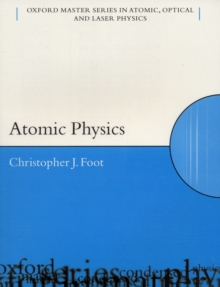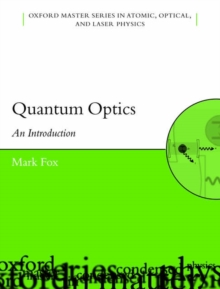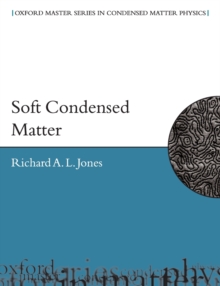
Relativity, Gravitation and Cosmology : A Basic Introduction PDF
by Ta-Pei Cheng
Part of the Oxford Master Series in Physics series
Description
Einstein's general theory of relativity is introduced in this advanced undergraduate and beginning graduate level textbook.
Topics include special relativity, in the formalism of Minkowski's four-dimensional space-time, the principle of equivalence, Riemannian geometry and tensor analysis, Einstein field equation, as well as many modern cosmological subjects, from primordial inflation and cosmic microwave anisotropy to the dark energy that propels an acceleratinguniverse. The author presents the subject with an emphasis on physical examples and simple applications without the full tensor apparatus.
The reader first learns how to describe curved spacetime.
At this mathematically more accessible level, the reader can already study the many interesting phenomena such as gravitational lensing, precession of Mercury's perihelion, black holes, and cosmology.
The full tensor formulation is presented later, when the Einstein equation is solved for a few symmetric cases. Many modern topics in cosmology are discussed in this book: from inflation, cosmic microwave anisotropy to the "dark energy" that propels an accelerating universe. Mathematical accessibility, together with the various pedagogical devices (e.g., worked-out solutions of chapter-end problems), make it practical for interested readers to use the book to study general relativity and cosmology on their own.
Information
-
Download - Immediately Available
- Format:PDF
- Publisher:OUP Oxford
- Publication Date:07/11/2009
- Category:
- ISBN:9780191574429
Information
-
Download - Immediately Available
- Format:PDF
- Publisher:OUP Oxford
- Publication Date:07/11/2009
- Category:
- ISBN:9780191574429










